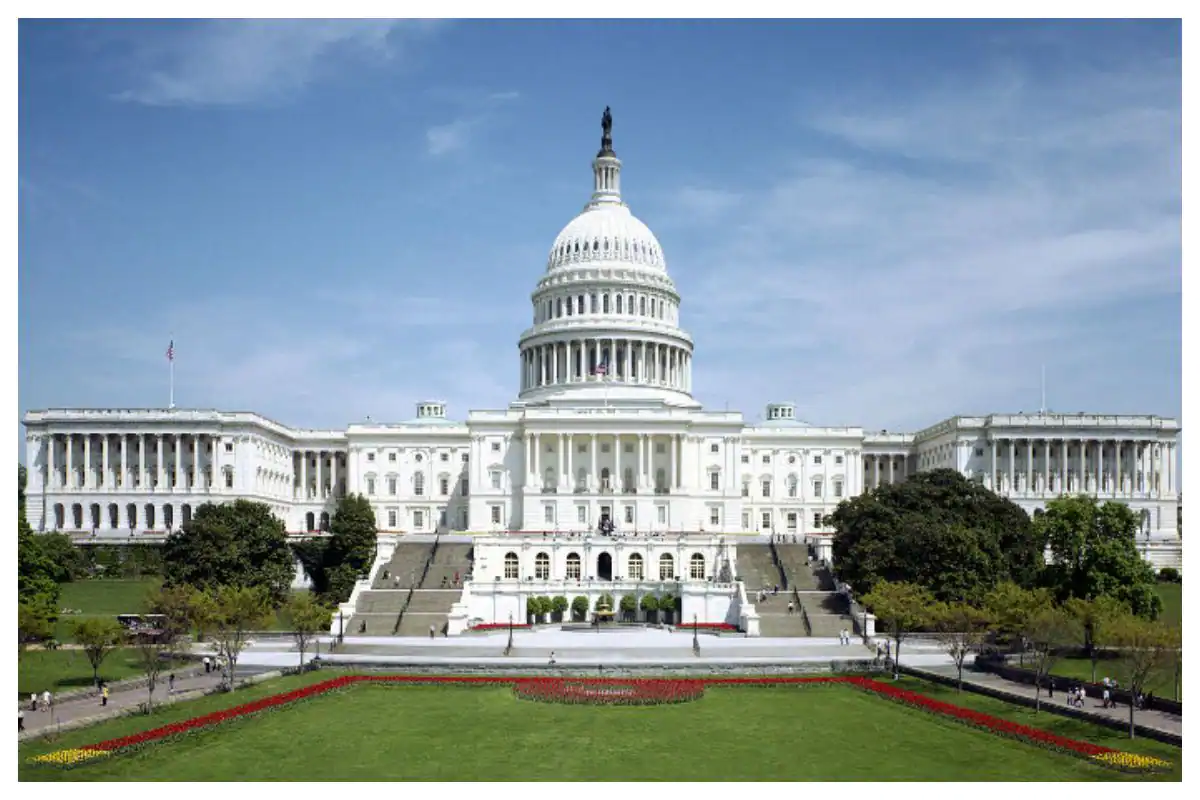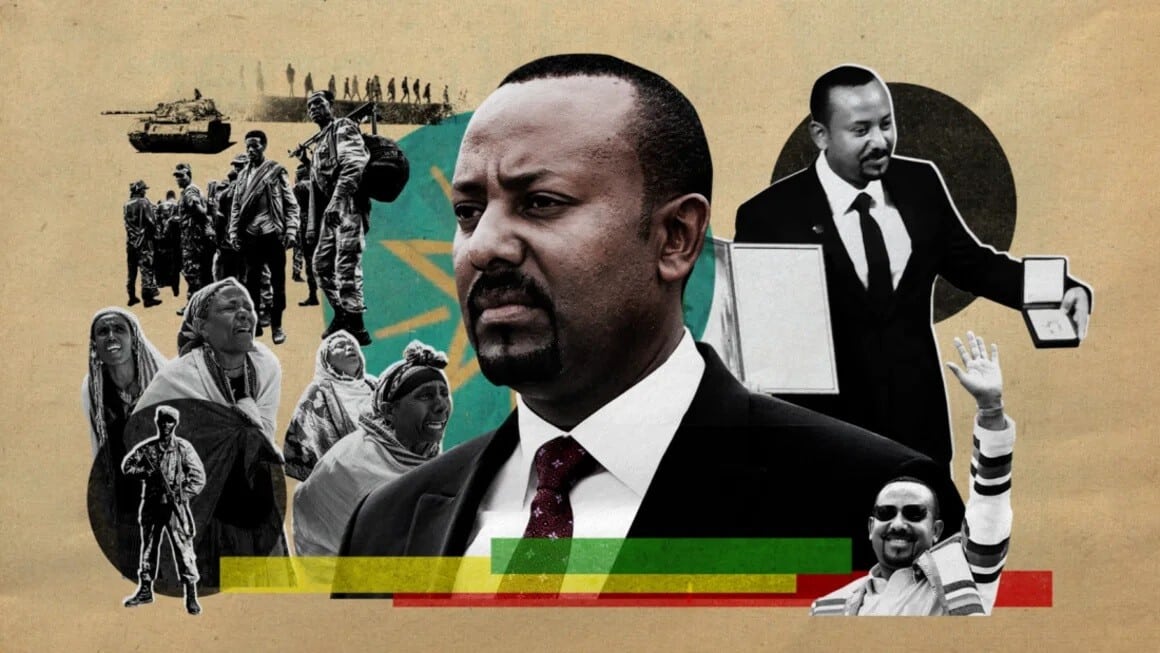 Dr. MeKonnen Birru
Dr. MeKonnen Birru
Professor @ the University of Houston ([email protected])
Abiy Ahmed, the Prime Minister of Ethiopia, and Bashar al-Assad, the ousted President of Syria, may appear vastly different on the surface, especially given Abiy’s Nobel Peace Prize in 2019 and his efforts to beautify Addis Ababa. However, when examining their leadership styles, political strategies, and the dynamics within their countries, one can draw significant parallels. Both leaders exhibit authoritarian tendencies, centralized power, and a refusal to truly listen to the concerns of the people, which is ultimately leading them down a path of potential downfall.
Abiy Ahmed, like Bashar al-Assad, has concentrated power within a narrow circle, weakening opposition voices and dismissing or silencing dissent. Despite his early promise of reform, Abiy’s actions have increasingly shown an authoritarian streak. In Syria, Bashar al-Assad has maintained his grip on power through violence, repression, and the exploitation of religious and sectarian divisions. Abiy’s approach has mirrored Assad’s authoritarianism in many ways, especially in his handling of ethnic conflicts, the stifling of political opposition, and a failure to address the deep-seated grievances of the Ethiopian people.
Abiy’s attempt to project an image of a progressive, modernizing leader through his “green legacy” — focusing on beautifying the capital city, pushing for infrastructure development, and showcasing Ethiopia’s potential — masks the underlying authoritarian framework of his rule. Like Assad, who claimed to lead Syria towards peace and prosperity while engaging in brutal civil war, Abiy’s promises of unity and prosperity seem hollow amidst the ongoing conflict and divisions within Ethiopia.
Ethiopia, a nation already grappling with ethnic tensions, has seen a resurgence of violence under Abiy’s leadership. The ongoing conflict in Oromo region, the rise of the Fano militia in the Amhara region, and widespread discontent from various ethnic groups demonstrate that Abiy’s control is far from stable. The deep divisions within Ethiopia — between the Amhara, Oromo, Tigray, and other ethnic groups — are increasingly exposed as Abiy’s government fails to address the aspirations of all its people.
The situation in Ethiopia mirrors Syria’s fragmentation, where Assad used brutal tactics to suppress any challenges to his authority, resulting in widespread destruction and suffering. In Ethiopia, the failure to address ethnic grievances, combined with Abiy’s authoritarian tactics, may similarly lead to a fragmented country on the brink of collapse. The dream of national unity, which Abiy once promised, seems increasingly unrealistic as Ethiopia’s divisions deepen.
Both leaders display a “Joseph Stalin-like” approach to governance. Stalin’s reign was characterized by harsh repression, censorship, and control, all masked by an appeal to nationalism and love for the country. Abiy’s rhetoric of love for Ethiopia and the prosperity of its people is strikingly similar to Assad’s claims of protecting Syria from foreign intervention and securing its sovereignty. However, both leaders’ actions betray their words. In Syria, Assad’s regime has caused untold suffering through brutal tactics, including chemical weapon attacks, while in Ethiopia, Abiy’s government has fostered an environment of repression, violence, using drones to attack civilians, and unchecked military power, all under the banner of unity and progress.
The humanitarian situation in Ethiopia today is dire. Reports of starvation in Addis Ababa, a city that symbolizes the country’s modernity and future, stand in stark contrast to the slogan of “prosperity.” This mirrors the rhetoric of national growth and stability under authoritarian regimes, where the reality is a deepening crisis fueled by government actions. Abiy’s government, like Assad’s, has used its military to assert control over contested regions, with little regard for the suffering of civilians caught in the crossfire.
The Fano militia in Ethiopia represents a growing force of resistance against Abiy’s regime, much like the various rebel factions in Syria that have defied Assad’s authority. The presence of such groups underscores the deepening ethnic divisions within Ethiopia. The country’s fracturing political landscape makes it difficult to maintain unity under a single central government. Abiy, much like Assad, has failed to build meaningful bridges between the country’s diverse ethnic groups. His “peace agreements” with groups like the Oromo Liberation Front (OLF) have been hailed as diplomatic victories, but they are fraught with issues. These agreements often appear to be mere façades — temporary measures meant to quell violence in the short term while failing to address the underlying causes of the conflict.
Abiy’s government has relied heavily on military power to suppress opposition, yet this is not a sustainable approach. Like Assad’s reliance on military force to retain control in Syria, Abiy’s military solutions are unlikely to bring long-term peace. The constant fighting in regions like Amhara, the distress of various ethnic factions, and the increasing sense of alienation from the government will eventually erode Abiy’s base of support.
The downfall of both leaders can be traced to their failure to listen to the grievances of their people. Leadership is not just about top-down control but about engagement with citizens, understanding their needs, and fostering dialogue. Abiy’s inability to address the growing dissatisfaction among Ethiopia’s various ethnic groups and political factions is a critical flaw in his leadership. Likewise, Assad’s brutal treatment of Syria’s opposition, whether through military force or political repression, has created an environment where the government remains in power, but the country itself is left in ruin.
The leadership of both Abiy and Assad serves as a cautionary tale: even the most powerful, militarily equipped regimes cannot last if they fail to maintain the support of their people. People will resist authoritarianism, and history will judge these leaders for the harm they cause, no matter how many promises they make or how much they claim to love their countries.
The future of Ethiopia, much like that of Syria, seems increasingly fragile. Abiy Ahmed may have the military might and the international recognition — including a Nobel Peace Prize — but his failure to genuinely address Ethiopia’s internal divisions could lead the country down a path of collapse. His green legacy and promises of prosperity are overshadowed by the reality of a fractured nation, one where ethnic tensions and military repression are driving it toward further instability.
If Abiy does not wake up to the demands of his people and choose a path of true reform, one grounded in dialogue and inclusivity, Ethiopia may face a fate similar to Syria. The history of both nations, once marked by aspirations of peace and unity, risks becoming a tale of authoritarian rule, suffering, and fragmentation. Both Assad and Abiy’s leadership demonstrate the perils of failing to listen to the voices of the people, and their respective legacies may ultimately be defined by the harm they caused rather than the promises they made.
***


















